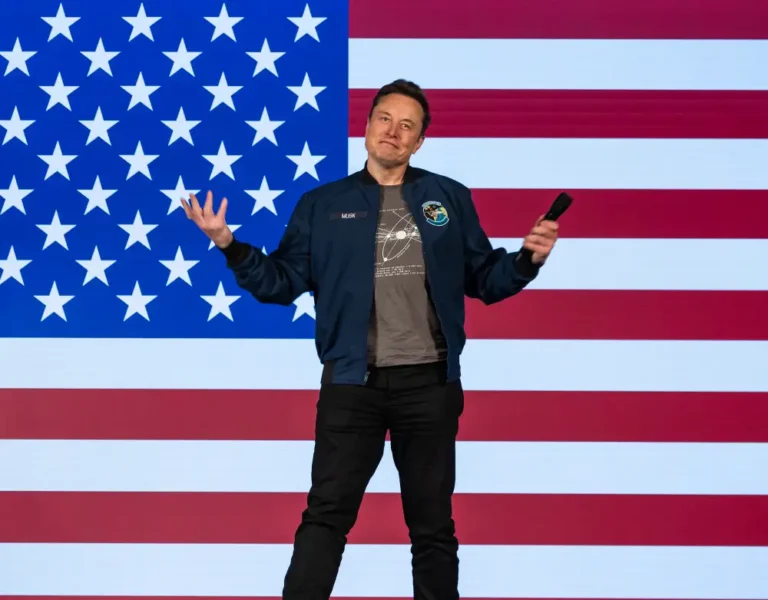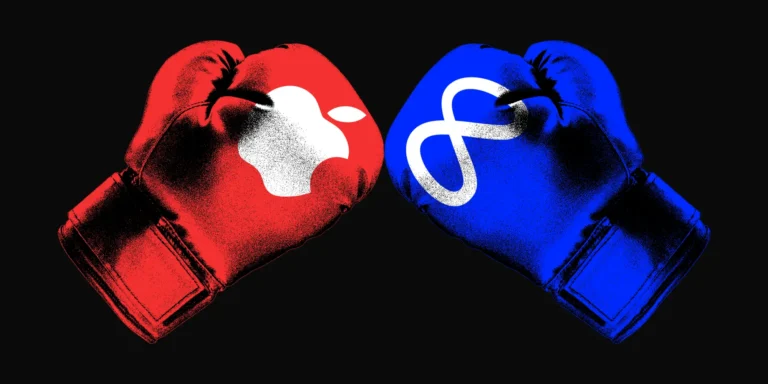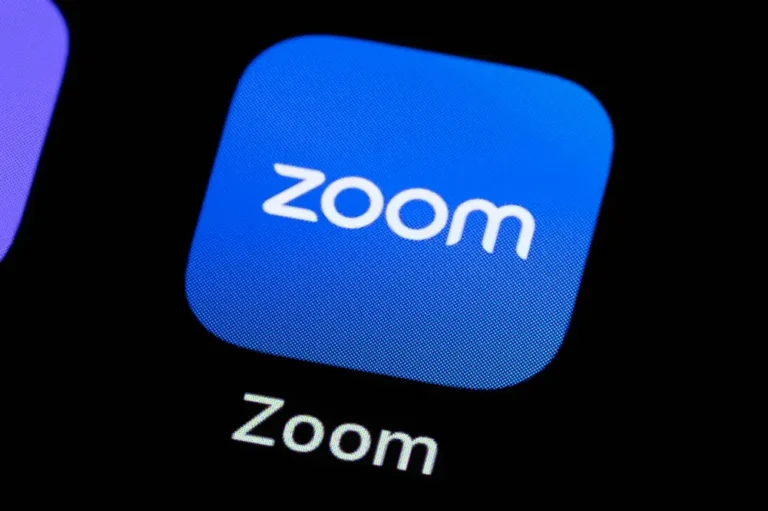Y Combinator’s head of admissions is reviewing over 20,000 startups for its winter 2024 cohort. Here’s what she’s looking for.

- Y Combinator, Silicon Valley’s most storied startup accelerator, is known for its exclusivity.
- Only about 1.5% to 2% of over 40,000 startup applicants a year are accepted.
- YC’s head of admissions, Stephanie Simon, shares her advice for founders applying in a downturn.
Few names are as exciting to early-stage founders looking to grow their startups in an accelerator as Y Combinator.
The startup accelerator is known for its exclusivity, accepting only 1.5% to 2% of the over 20,000 applications received for each summer and winter cohort. Y Combinator has graduated a number of Silicon Valley’s marquee companies, including Airbnb, Stripe, and Dropbox.
Over 24,000 startups applied for the most recent summer 2023 batch, and only 229 were accepted — an acceptance rate of less than 1%.
While this batch’s Demo Day was virtual, the accelerator announced in a blog post that the winter 2024 Demo Day will return in person, with a limited number of invite-only seats.
Y Combinator is now looking ahead to the next batch, accepting applications for the winter 2024 cohort by October 13.
Stephanie Simon, the admissions team’s head, has sifted through all of those applications before. She joined the team in 2016 and will take over as team leader in November 2020. During her tenure, she has read through thousands of applications and given her best advice to aspiring startup founders hoping to be accepted into the accelerator’s exclusive program.
In a February blog post, Simon advised founders applying to this year’s batch to think of Y Combinator as “elite basic training” for running a company in difficult times.
“It’s common knowledge, especially in the tech community, that many successful startups were created during recessions (just search ‘startups + recession’ and you’ll find a bunch of articles), which may be one reason we’ve seen high numbers of applications from founders leaving their big tech company jobs, especially in the last couple of months,” she wrote in a blog post.
Simon previously told Insider that applying to Y Combinator is a simple process. When a founding team submits an application, it is reviewed by the admissions team and even a few executives.
If the committee decides to interview the founders, a 10-minute video interview is scheduled, and a decision on a founder’s application is made shortly thereafter.
“I would say 99% of the time, you’re getting a 10-minute interview and we’re giving you an answer within a day,” Simon went on to say.
Simon went on to say that no startup, no matter how trendy, would automatically be chosen over others.
Y Combinator occasionally sees a surge in applications in specific categories, such as AI tools in recent batches or “chat bots” in 2016. But the strength of the team is more important. “The lens is ‘what are the smart, impressive teams working on?'” Simon went on to say.
Having a technical founder on the team is key
According to Simon, one way for startups to stand out is to have a cofounder and one team member with a technical background.
“Basically, we’re looking for founding teams where they can build the product, or at least the beginning versions of the product on the team itself,” she told me.
Because of their technical knowledge, a startup with a technical founder will be able to solve problems more quickly and creatively, according to Simon. A technical founder will also make hiring engineers easier, which she says is one of the most difficult things for startups to do, because they usually have networks from which to hire.
Especially now, the startup should be solving a real problem.
Another key feature of most successful YC pitches is a sense that the problem the startup is attempting to solve is genuine.
“When it’s a problem that the founders themselves have felt or someone they know closely has felt, it just feels more grounded in reality and feels way more likely to succeed,” Simon went on to say.
Simon can tell whether honesty and authenticity are linked to the problem based on a pitch, she claims.
According to Simon, this aspect of a pitch is more important than ever in less frothy market conditions.
“It’s possible that a few years ago, you saw your friends raising large sums of money for causes that didn’t appear to be as tied to a specific problem. “I believe that will change,” Simon predicted.
One of the best ways to confirm that you’re solving a real problem, according to Simon, is to “talk to your users” and solicit their feedback before applying.
Furthermore, if your service has a cost to users, it’s a good idea to test it before applying to Y Combinator to ensure you’re meeting a significant need.
“It’s a good test for whether you’re building something people want and tends to create more honest conversations with users,” Simon went on to say. “They’ll tell you that the product is great until you ask them to pay.”
Domain expertise is also important in some cases, according to her. For startups in certain industries, such as insurance and biotechnology, being an expert will be much more important to the admissions team when reviewing the application.
Only one quality would disqualify a company.
The biggest turnoff for YC admissions managers, according to Simon, is “inauthenticity,” especially during a downturn. Every application batch contains some startup ideas that appear unauthentic.
“It feels it’s pretty obvious when the idea feels made up and they haven’t experienced it personally or don’t know anyone who has experienced the problem that they’re trying to solve,” she went on to say.
However, Simon stated that there is only one criterion that would disqualify a startup completely: “I think the only absolute no for us is if when we imagine that company being successful, it was net negative for the world.”






